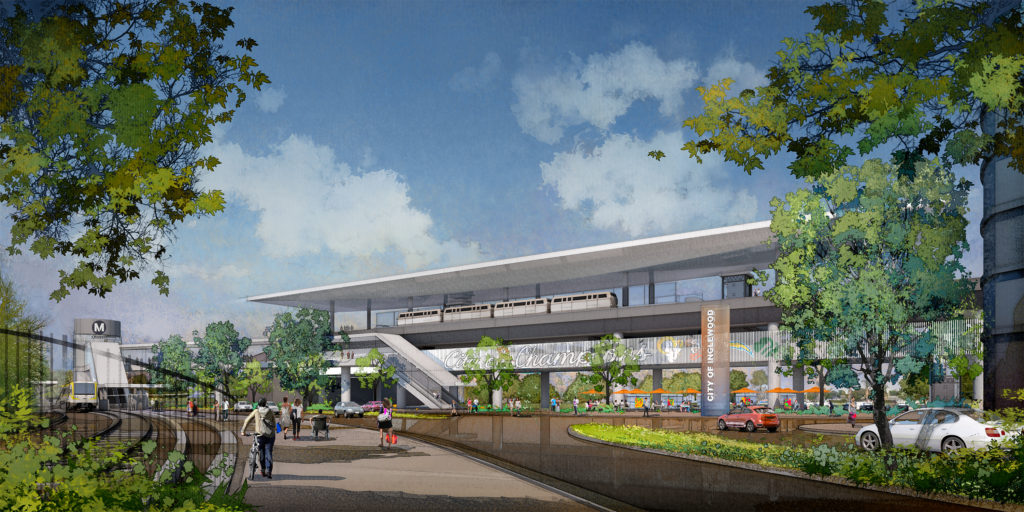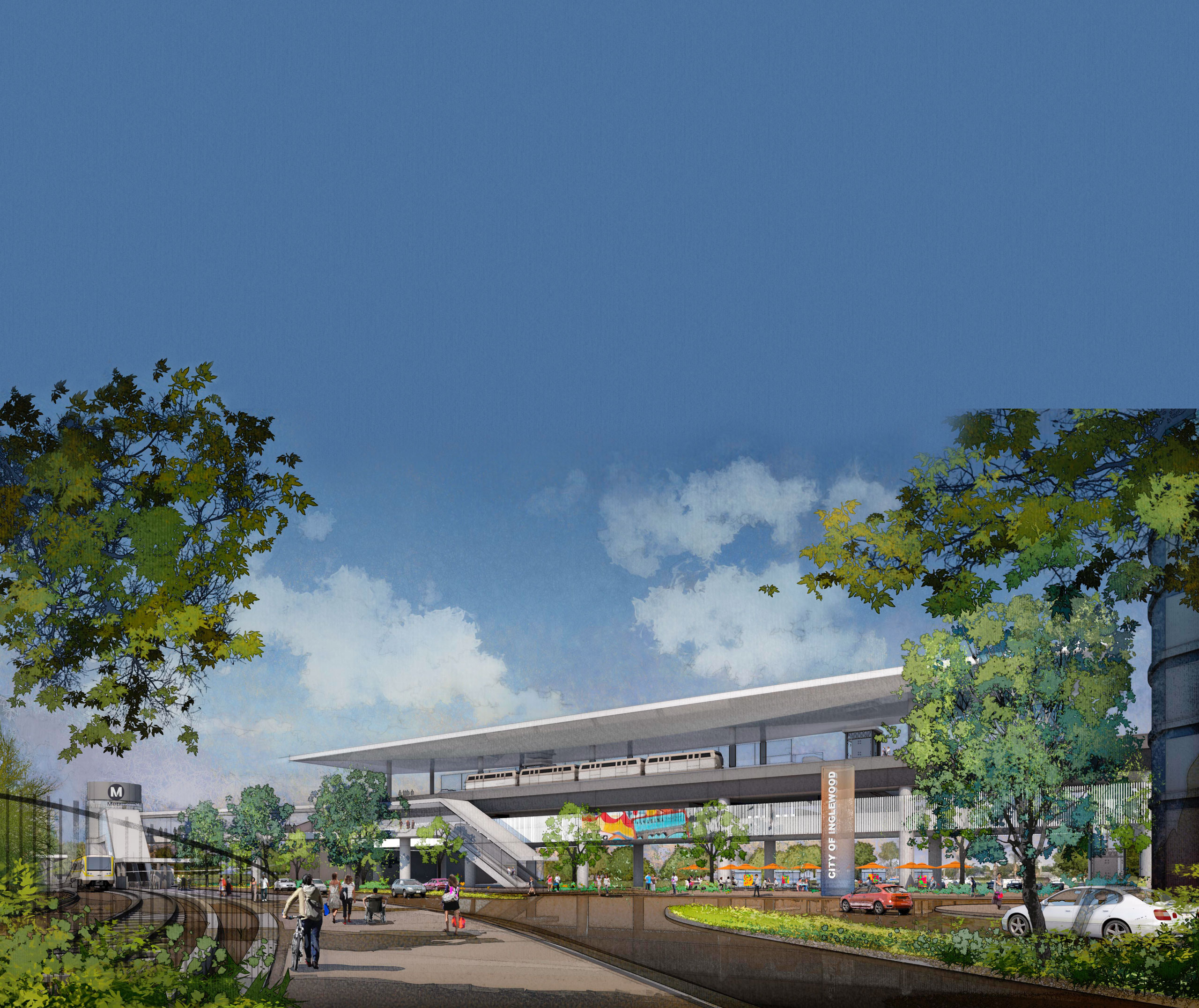
Inglewood
Opportunity
Jobs
Community
Green
Life
People
Event
Concert
Neighborhood
Transit
Connector
The Inglewood Transit Connector is an approximately 1.6 mile fully elevated, automated, fixed-guideway transit system with three new transit stations in the City of Inglewood.
Select a stop on the map to view destinations
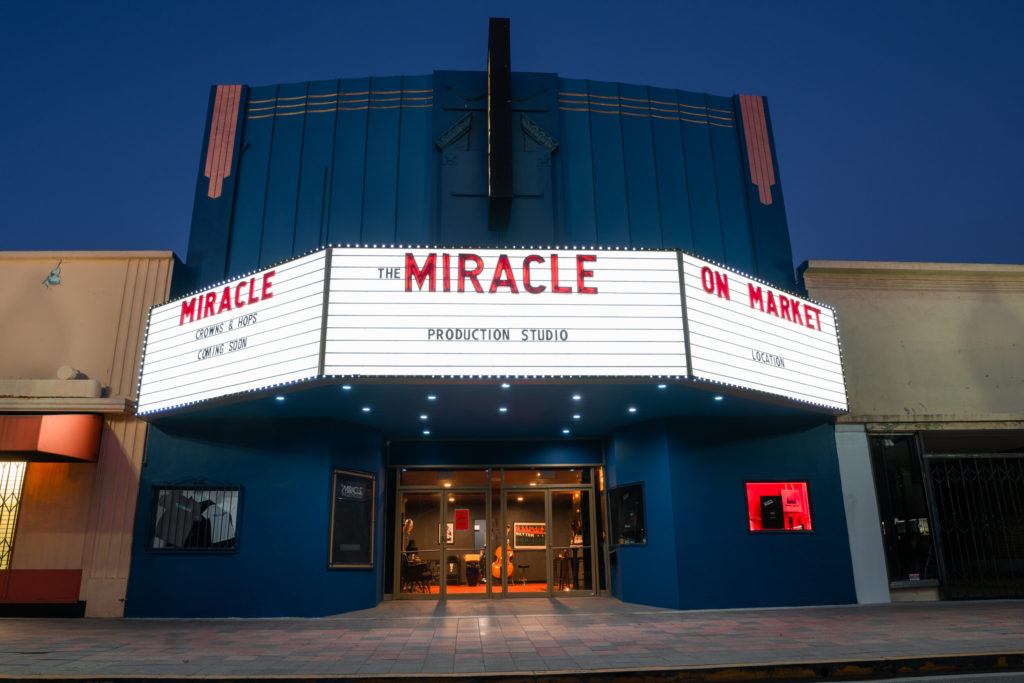
Downtown Inglewood
Market Street / Florence Avenue Station
Visit Downtown Inglewood’s revitalized Market Street shopping, entertainment, and dining destinations.
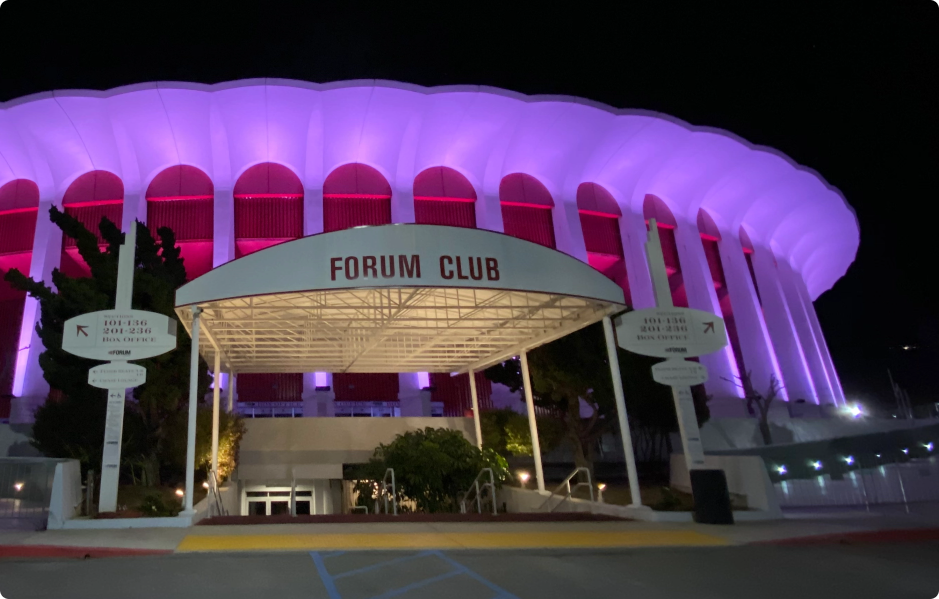
Kia Forum
Prairie Avenue / Manchester Boulevard
Travel to the historic Kia Forum, one of the region’s premier indoor arena and entertainment venues.
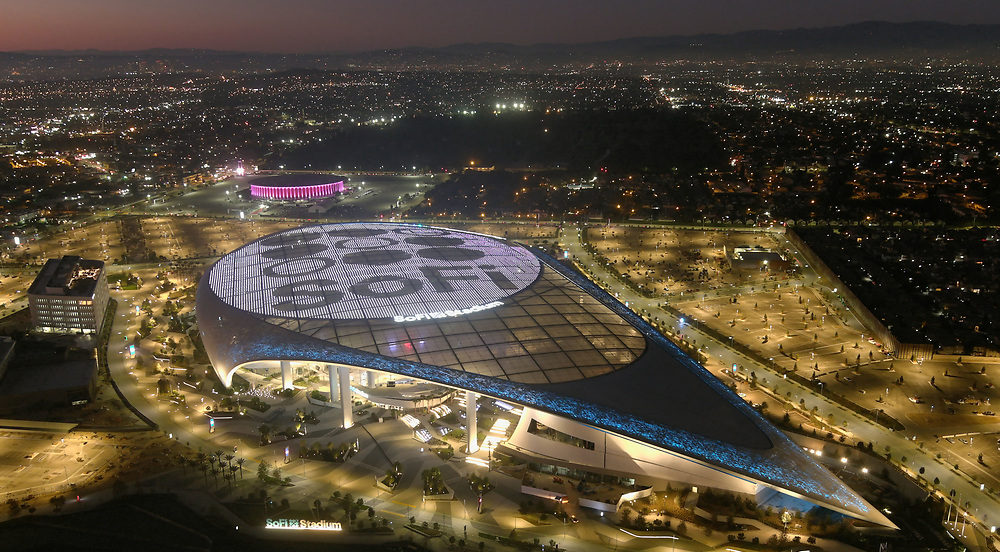
Hollywood Park: SoFi Stadium and Intuit Dome
Prairie Avenue / Hardy Street station
Get to SoFi stadium and Hollywood Park Development – the region’s new center for sports, entertainment, housing, and employment. Watch the Rams and the Chargers play at SoFi Stadium, or catch a Clippers game at the Intuit Dome.
CONNECTING YOU to one of the region’s highest growing housing and employment centers, and home to world-class sports and entertainment destinations.
The Metro K Line is improving transit access to and from the City of Inglewood, however, a significant portion of the City is not walking distance from the Downtown Inglewood Station.
The ITC Project will reduce traffic, create well paying jobs, boost the local and regional economy, and bring environmental equity and quality of life benefits to Inglewood, the South Bay, and the region at large.
The ITC Project’s fully-elevated, electrically-powered, automated transit system will address this critical first/last mile gap and provide a direct connection between the Greater Los Angeles region and the Los Angeles Sports and Entertainment District – an employment and visitor hotspot.
ITC Project Schedule and Milestones
The ITC Project is scheduled to start design & construction by 2024 and commence revenue service in 2030.
Q2 2022
CEQA EIR Project Approval
Q2 2023
NEPA Approval
Q4 2023
Release Final RFP
2023 to 2024
Utilities/Water Relocation
Q3 2024
Award DBFOM Contract
2024-2030
Design and Construction

The ITC Project will provide new transit connectivity, traffic reduction, economic prosperity and quality of life benefits to the City of Inglewood and region.
Reduces vehicular traffic congestion on both event and non-event days while maintaining existing roadway capacity
Alleviates growing demand on limited existing streets and roadways
Connects residents and communities to local and regional jobs, education, services and destinations, and supports efforts to improve economic stability
Creates a convenient and environmentally sustainable transit connection to and from Inglewood’s new major employment, commercial and activity centers
Supports economic revitalization and redevelopment in the City of Inglewood
Encourages transit as a primary mode of travel
Reduces greenhouse gas emissions to help improve air quality
Inglewood Transit Connector Project
Frequently Asked Questions
Project Overview
The ITC Project is an approximately 1.6-mile fully elevated, automated, fixed transit system with three new stations in the City of Inglewood, the fastest-growing city in Los Angeles County. The Project will complete a critical first/last mile gap between the countywide Metro Rail System and the city’s new major housing and employment centers, and sports and entertainment venues.
- Station 1 will be located on the southeast corner of Market Street/Florence Avenue with a direct connection to the Metro K Line.
- Station 2 will be located at the intersection of Prairie Avenue and Manchester Boulevard providing access to Kia Forum, SoFi Stadium, and Hollywood Park.
- Station 3 will be located at the intersection of Prairie Avenue and Hardy Street providing access to SoFi Stadium, Hollywood Park, and Intuit Dome.
A 2017 Metro study concluded that an independent automated transit system such as the ITC Project was more appropriate and that an extension of the Metro Rail system was not viable due to impacts on Metro’s mainline operations.
| Year | Total Annual Ridership |
|---|---|
| 2028 | 4.1 million |
| 2078 | 7.9 million |
The Federal Transit Administration (FTA), through their risk-informed modeling process, has set a passenger service date of March 2030. This is a conservative projection with significant contingencies built into it. The City will be able to provide a more realistic date for anticipated completion after it selects a best-value Design Build Finance Operation and Maintenance (DBFOM) developer in late 2024.
The proposed Project will support ongoing economic revitalization and growth opportunities for transit-oriented development (TOD) within the City’s historic downtown area. As part of the proposed project, the City developed Design Standards and Guidelines to ensure that the development of the ITC complements and enhances the City’s downtown character. Enhancing the walkability of Market Street and the surrounding area is critical to uplifting the city. The City is also developing a Façade and Tenant Improvement Program for businesses along Market Street to further support these objectives.
A comprehensive environmental analysis of the project has been completed consistent with state (CEQA) and federal (NEPA) law. The City and Metro have created a Joint Powers Authority (JPA) to manage the design, construction, financing, operations and maintenance of the Project.
The ITC Project is estimated to cost $2.2 billion and the City has secured $1.9 billion of commitments from federal, state, and local partners to support this effort.
The City has prequalified three teams and released a Request for Proposals (RFP) November 2023. The winning team will be responsible for the design, construction, financing, operation and maintenance of the ITC Project. A contract which will enable design work to proceed is anticipated to be awarded late 2024.
Environmental Questions
An EIR identifies and analyzes the potential environmental benefits and impacts associated with the operations and construction of (in this case) the ITC Project, in compliance with the California Environmental Quality Act (CEQA). The city released a Draft EIR in December of 2020. Based on additional feedback received during the Draft EIR circulation period, the city continued further collaboration with key stakeholders on the design of the Project, and as a result of this ongoing consultation process, the city refined the Project and recirculated the Draft EIR in November of 2021 for further review. The Final EIR and Entitlements were certified April 2022.
- Aesthetics
- Air Quality
- Biological Resources
- Cultural Resources
- Employment and Housing
- Energy
- Geology and Soils
- Greenhouse Gas
- Hazards and Hazardous Waste
- Land Use
- Noise and Vibration
- Transportation
- Tribal Cultural Resources
- Utilities
No. The Final EIR determined that the Project does not have any significant and unavoidable impacts.
The National Environmental Policy Act (NEPA) was signed into law on January 1, 1970. It was the first major national policy for the environment, and it requires Federal agencies to assess the environmental effects of proposed major Federal actions prior to making decisions. NEPA requires the ITC Project to undergo an Environmental Assessment (EA) by the Federal Transit Administration (FTA).
Similarly to the CEQA process, NEPA requires the consideration of potential impacts to both the social and natural environment. Key elements of the process include scoping out potential environmental impacts, coordinating with relevant agencies, involving the public via public comment, determining mitigation for impacts, and thoroughly documenting the analysis.
Projected Reduction of Annual Vehicle Miles Traveled: VMT reductions of approximately 3.9 billion fewer miles over the life of the Project (by 2078).
Greenhouse Gas Emission Reduction: GHG reductions of approximately 1,227,338 MTCO2e over the life of the Project (by 2078).
The ITC Project includes a construction commitment program to proactively address the potential effects of the construction of the ITC Project on the community. The program includes the following:
Business and Community Support Programs
- Advertisement support for businesses
- Advance notice of construction activities that may affect businesses or the community
- Maintenance of adequate access for businesses and residents
- Access to a Project Public Liaison to address comments
Traffic Management Plan
The City will establish a Project Task Force for the ITC Project that would review worksite traffic control plans and other traffic management plans to address
- Proactively assess traffic conditions and establish detour routes
- Close coordination with residential and commercial neighbors, police, and fire personnel
Robust Air Quality Commitments
- Commitment to Clean Construction Program utilizing Tier 4 equipment
- Aggressive Dust Control Requirements
- City will designate a person to ensure the implementation of air quality mitigation measures through direct inspections, record reviews, and compliance investigations.
The city is committed to providing financial assistance to established, small “mom and pop” businesses to help offset to the extent possible, business revenue losses or increased expenses that are directly attributable to disruptions during the ITC Project construction activities within the ITC Project area. The city will create a $5 million Business Assistance Fund (BAF) to provide financial assistance through grants to eligible businesses.
Send an email to info@inglewoodtransitconnector.com
Sign Up for ITC Project Updates
Sign up below to receive general project updates and to stay informed on the latest news for the ITC Project.
